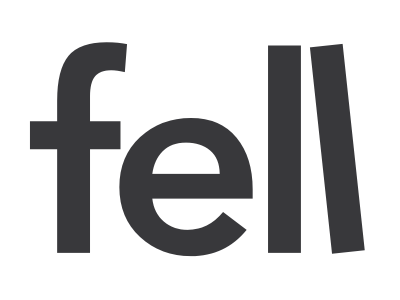The Inner Selfie: How Aware Are We?
Socrates said it most succinctly, “Know thyself.”
Tao Te Ching stated, “Knowing others is intelligence, knowing yourself is true wisdom.”
In Hamlet, William Shakespeare wrote, “This above all, to thyne own self be true”.
Carl Gustav Jung wrote, “Everything that irritates us about others can lead us to an understanding of ourselves.”
Brene Brown says, “Owning our story can be hard but not nearly as difficult as spending our lives running from it.”
You get my point?!
Let’s be honest—lawyers are trained to analyze everything. Every word in a contract, every clause in a policy, every argument in a courtroom. But how often do you take the time to analyse yourself? We all know the answer, it’s okay!
Self-awareness isn’t just the latest buzzword or something to be done during meditation retreats. It’s a game-changer for anyone navigating the high-pressure world of law. Why? Because knowing your own triggers, strengths, and blind spots makes you a sharper lawyer, a stronger leader, and a more effective communicator.
And let’s face it, the legal profession doesn’t exactly breed self-reflection. But if you want to thrive (and not just survive), self-awareness isn’t optional.
What Does Self-Awareness Actually Mean for Lawyers?
In simple terms;
It’s knowing what makes you tick—your strengths, weaknesses, emotional triggers, and patterns of behaviour.
It’s understanding how others see and experience you.
To be truly self-aware you need both. The good news - both can be learned.
Being more self-aware allows us to own our blind spots— and let’s be honest, we all have them. And once we know them we are less likely to be blind-sided by people and outcomes.
Communication: Are You Really As Clear As You Think?
Lawyers love precision. Yet, somehow, we still end up with emails that read like riddles and meetings that could have been a two-line Teams message.
Self-aware lawyers understand their communication style (and how it’s perceived by others). They adapt their tone, language, and approach to different audiences.
Pro tip: Just because you think you’re being “direct” doesn’t mean you’re not coming across as abrupt (or terrifying).
Interpersonal Relationships: Why Your Team Secretly Hates You (Or Loves You)
Read this twice, write it on a post-it, and stick it to your laptop:
Building strong, trusting relationships is essential for any legal professional.
Let’s take a moment of brutal honesty:
Do you get irrationally annoyed when a junior asks to work from home?
Is their work actually suffering, or do you just like having people in the office?
Do you get frustrated when colleagues don’t operate the way you do?
Self-awareness means separating facts from feelings. It means recognizing when your personal preferences are driving your reactions, rather than actual performance issues. And, most importantly, it means learning to manage your own biases before making decisions that affect your team.
Stress & Resilience: Knowing Your Triggers Before They Own You
If you work in law, you already know: stress is part of the deal. But some people handle it better than others. They are aware of their triggers and can therefore manage them.
So, let me ask you:
Do last-minute client demands send you into a panic spiral?
Does a tough negotiation make you aggressive instead of strategic?
Are you holding onto stress that isn’t even yours?
Self-aware lawyers recognize their stress patterns and develop coping strategies—before they snap at their team, fire off an aggressive email, or lie awake at 2 a.m. replaying a conversation in their head.
The Bottom Line: Self-Awareness is Crucial
In a profession where precision, persuasion, and resilience are everything, self-awareness gives you the edge. It helps you:
Make better decisions
Communicate more effectively
Build stronger relationships
Bounce back from setbacks faster
It’s not about being soft—it’s about being smart. The most effective lawyers aren’t just legal experts; they’re also masters of self-awareness.
So, next time you’re analyzing a case—take a second to analyze yourself. It might just be the most powerful legal tool you have.

